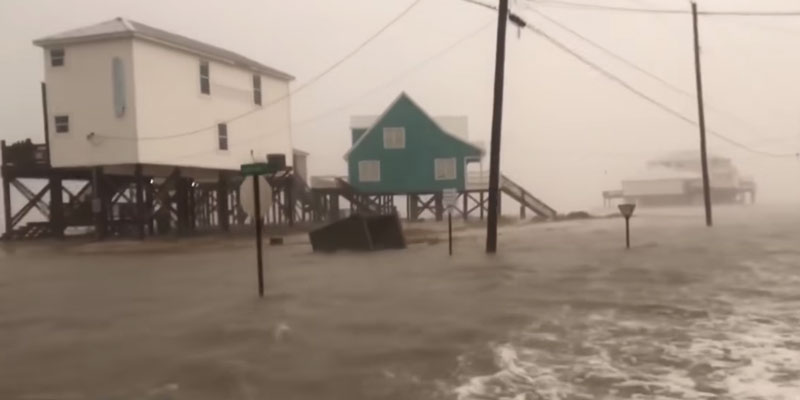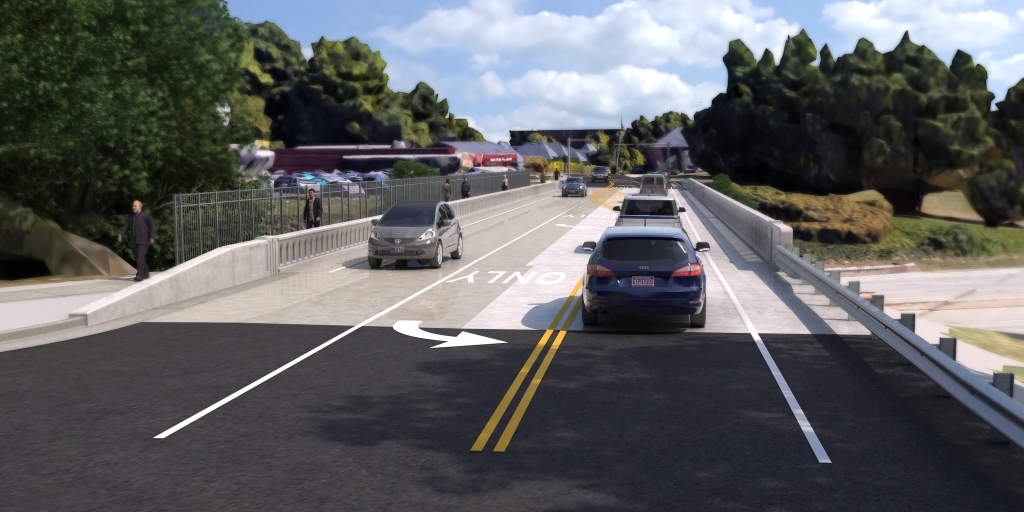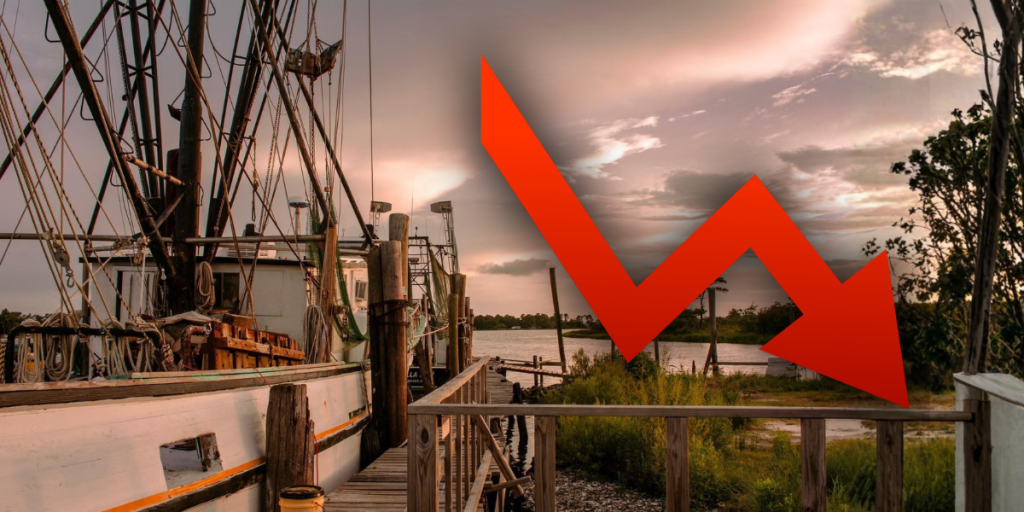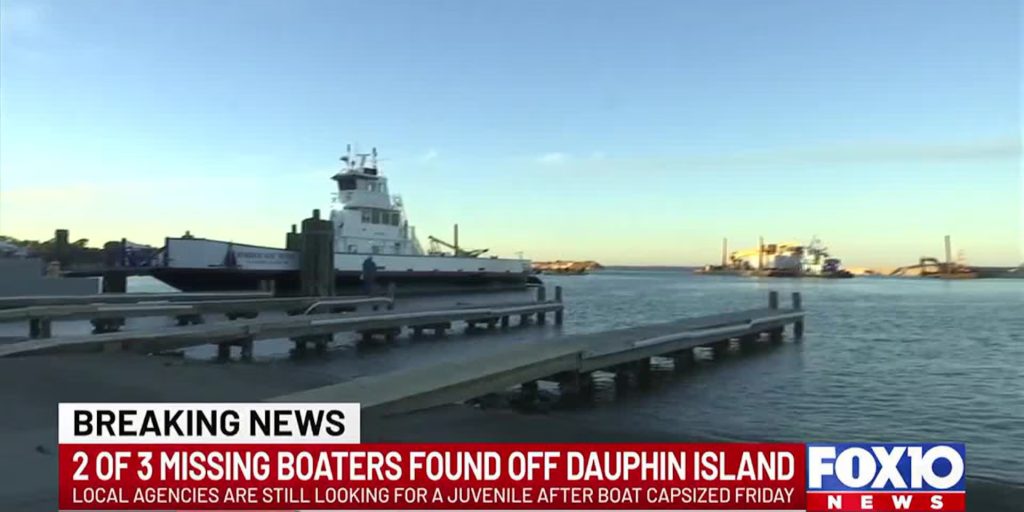Tropical-force winds from fast-moving Gordon smashed into the coastline of Alabama and the western Florida Panhandle on Tuesday evening, the frontal edge of a system just offshore that forecasters warned could become a hurricane by the time it makes landfall.
Tropical Storm Gordon strengthened some in the final hours as it neared the central Gulf Coast, clocking top sustained winds of 70 mph (110 kph). The National Hurricane Center said Gordon’s tight core was about 75 miles (125 kilometers) southeast of Biloxi, Mississippi, or about 70 miles (115 kilometers) south of Mobile, Alabama, where heavy rains and winds picked up shortly before nightfall.
Skies quickly turned dark gray as storms overshadowed Mobile, a port city.
Metal chairs were lashed together atop tables outside a restaurant in what is normally a busy entertainment district, and a street musician played to an empty sidewalk just before the rain began.
Conditions were expected to deteriorate westward to New Orleans as the stormed closed in on the coast, possibly becoming the second hurricane to hit the region in less than a year.
Families along the coast filled sandbags, took patio furniture inside and stocked up on batteries and bottled water ahead of Gordon.
The staff at The Hotel Whiskey in Pass Christian, Mississippi — only about a block from the Gulf of Mexico — were among those carrying out pre-storm preparation rituals.
The hotel restaurant planned to stay open Tuesday evening as usual, fortified by sandbags to keep out torrential rains, the manager said.
Gulfport was among communities providing sand and bags to residents, and Kenny Macdonald filled them for himself and older residents.
MacDonald said that while such preparations become all too routine, one must remain wary.
“You don’t know what the intensity of the storm is going to be. You don’t want to take it lightly, of course,” MacDonald said.
A hurricane warning was in effect for the entire Mississippi and Alabama coasts with the possibility Gordon would become a Category 1 storm.
The National Hurricane Center predicted a “life-threatening” storm surge of 3 to 5 feet (0.9 to 1.5 meters) along parts of the central Gulf Coast.
Flooding also was a risk.
As much as 8 inches (20 centimeters) of rain could fall in some parts of the Gulf states through late Thursday as the tropical weather moves inland toward Arkansas.
Forecasters said it was possible Gordon’s winds might meet the 74 mph (120 kph) threshold to be a hurricane before making landfall later Tuesday.
The last hurricane to strike the U.S. was Nate last October, coming ashore in Biloxi with 75 mph (120 kph) winds.
Governors in Alabama, Mississippi and Louisiana all declared states of emergency to better mobilize state resources and National Guard troops for the storm.
Mississippi shut down a dozen Gulf Coast casinos. Workers on at least 54 oil and gas production platforms were evacuated.
Gordon became a tropical storm Monday near the Florida Keys.
Mayors of barrier islands in the storm’s path warned that their communities might get cut off from the mainland.
“When you get the higher waves, water starts splashing across.
Sometimes it starts pushing not only water across but debris, logs and things of that nature, which makes it very treacherous to get across,” said Jeff Collier, mayor of Dauphin Island, Alabama.
Gordon was poised for only a glancing blow to New Orleans, where Mayor LaToya Cantrell said the city has “the pumps and the power” needed to protect residents.
Authorities issued a voluntary evacuation order for areas outside the city’s levee protection system.
L. J. Cazaux moved his boat to a nearby lot of elevated land before the rain started in one of the areas outside the protective system, Venetian Isles.
He elevated his house off the ground after Hurricane Katrina in 2005 and has food, water and two generators.
“You just blend it into your lifestyle when you live outside the levee system. You know you’re going to flood before anyone else does.
The good part about it is the water goes down faster here,” said Cazaux, who has lived in the neighborhood for 15 years.
Gordon was not the only storm being watched by forecasters. Hurricane Florence was some 2,400 miles (3,900 kilometers) away from the U.S., and another potential storm was likely to form not far off the coast of Africa and head east.
The National Hurricane Center said it is way too early to know if either of those storms will have any impact on land.
“It’s the peak of hurricane season. Now is the time to get your plans all set,” Hurricane Director Ken Graham said.
(Associated Press, copyright 2018)
Sign-up now for our daily newsletter and never miss another article from Yellowhammer News.













